We warned you in 2014 and urged everyone to prepare their nest eggs.
We warned you again in 2017 in our letter, “How the US Dollar Will Collapse.”
Many thought we were nuts, including some of our long-time readers.
The call even ruffled some Twitter capitalist feathers who advised us to remove our “tin foil hats.”
I hope you weren’t one of them.
Because, as it turns out, one of the biggest “conspiracy theories” isn’t a conspiracy theory at all.
I’m talking about China’s multi-decade plot to “de-dollarize” the world.
And it’s implications – whether successful or not – will entirely reshape the global economic landscape.
Let me explain.
Listen via podcast instead
Setting the Stage
China is notorious for playing the long game.
And its role in US de-dollarization is one of the most remarkable moves we are witnessing first-hand.
In 2014, Russia annexed Crimea, and the West slapped Russia with sanctions.
In response, China urged its BRICS partners to launch the New Development Bank—a replacement for the West-dominated International Monetary Fund (IMF) and World Bank.
Headquartered in Shanghai, the New Development Bank became an alternative funding source for emerging economies, which now are less reliant on dollar-denominated debt.
That was Phase 1.
Then Covid swept the world.
Not letting an opportunity go to waste, China’s central bank announced that it needed “better visibility” into the nation’s finances so it could target stimulus more effectively.
Thus, under the guise of COVID, China’s President Xi launched the e-yuan, the world’s first central bank digital currency (CBDC).
“Guo said the key advantage of the e-yuan system was its ability to trace cash flow and make it easier to enforce financial regulations, which were absent from traditional payment systems and created huge challenges for the real economy. “There will be a lot of challenges from the pandemic that will make good cases for the use of digital currencies,” said chief scientist at the Bank of China Guo Weimin.”
That was Phase 2
Shortly after, Russia and Ukraine go head-on. The West responded with another barrage of sanctions while cutting off Russia’s most valuable financial resource: the energy sector.
Some have even alluded to the US sabotaging one of the pipelines delivering gas from Russia to Europe.
With sanctions in place and a pipeline destroyed, Putin was in
desperate need.
And not letting an opportunity go to waste, Xi obliged.
He came to Russia’s rescue and bought Russia’s embargoed fossil fuels, but with one very specific condition: half of the purchase must be settled in China’s currency, the yuan.
Putin agreed.
From A New Global Currency Is Live:
“In September, China and Russia signed an agreement to trade gas in the yuan and the ruble on a 50-50 split. The deal came shortly after Finance Minister Alexey Moiseev concluded that “Russia no longer needs the US dollar as a reserve currency.”
Since October 8, the yuan/ruble pair has been the most traded currency on the Moscow Exchange.
Meanwhile, Russian companies have since issued hundreds of millions of dollars in yuan-denominated bonds.
For the first time in history, the yuan dethroned the dollar in Russia.
More importantly, it marked the first time in the modern era that a major oil producer sold oil in a currency other than the dollar.
A new precedent has been set.
That was Phase 3.
Soon after, other prominent oil exporters hinted they would also be on board for settling oil exports in China’s currency.
At the same time, China began piloting its already domestically tested e-yuan for cross-border transactions.
For the first time in history, a technologically superior alternative to the US fiat dollar for global trade was born.
Critical Mass
Even with a technologically superior currency, China still has to convince a good part of the world to adopt it—which means burning diplomatic bridges with what is still the world’s most powerful economy, the United States of America.
Furthermore, China’s allies aren’t stupid. They won’t drop the dollar only to be subjected to the same fate by a different ruler.
That’s why China’s President Xi has been pushing the BRICS nations (Brazil, Russia, India, China, and South Africa) to adopt a common reserve currency – rumored to be a basket of its member currencies led by the yuan, similar to the IMF’s special drawing rights (SDR).
However, a common currency among these five emerging economies still won’t be enough to rival the US dollar, let alone stand as a global reserve currency; international trade is simply too big and complex.
But what if the BRICS nations could convince others to join them?
BRICS to Expand?
It turns out, it won’t take much convincing.
Last month, the BRICS nations announced they would entertain allowing other countries to be included in their coalition.
And immediately, a dozen oil nations lined up—including oil producers Argentina, Egypt, and Algeria, and even bigger players, such as the UAE, Iran, and even Saudi Arabia.
Via Bloomberg:
“The BRICS group of nations plans to decide this year whether to admit new members and what criteria they would have to meet, with Iran and Saudi Arabia among those who’ve formally asked to join, according to South Africa’s ambassador to the bloc.
The proposal to expand BRICS will be one of the economic bloc’s main focuses this year, said Ambassador Anil Sooklal. South Africa is the group’s current chair.
“There are over a dozen countries that have knocked on the door,” Sooklal said in an interview in Johannesburg last week. “We are quite advanced at looking at a further group of new members.”
Think about what an economic powerhouse this lineup could become – especially given the vast control of oil these nations possess.
BRICS, as is, already covers one-third of the world’s land surface and is home to over 40% of the global population. Moreover, its economies account for 20% of international trade and nearly one-fourth of global GDP.
At currently expected growth rates, this emerging market block is projected to contribute half of the world’s GDP by 2030.
And that’s assuming BRICS won’t expand.
If oil exporters follow through and join the block, their combined global output could easily make up nearly 50% of the world’s output—likely more.
Even more damaging to the US dollar, their combined forces would represent 7 of the top 10 oil producers in the world. Bye bye petrodollar.
And why wouldn’t the BRICS want this? According to Bloomberg, the BRICS has a mere 15% of the vote in both the IMF and the World Bank.
If you’re a BRICS nation, you’d probably feel pretty shafted.
So don’t be surprised if the BRICS allows more members to create their own international financial organization.
And guess who will be the most powerful within that group?
That’s right, China.
Acting Swiftly
Many laugh off China’s ability to dethrone the US dollar by pointing out the yuan’s meager use in global trade.
And they’re not wrong.
For all China’s mighty power, the yuan ranks only fifth in currencies used in global trade – representing a measly 2.15% compared to nearly 42% for the dollar and 35% for the euro.
But remember, China is great at playing the long game.
As we’ve discussed many times before, the US has printed trillions upon trillions of dollars over the last few years – with no signs of stopping.
And it’s printing fiat currency – a currency that isn’t backed by any commodity, such as gold.
If the US were ever to default – that is, fail to pay its debt on time – holders of that debt could end up with nothing.
And don’t think for one second that the world hasn’t noticed how much fiat money the US has printed in the last few years alone. It’s not the first time the US has overspent.
One look back at the 70s, and you’ll see a similar event playing out now.
Recall when Ivan wrote the letter, “How Money Works:”
“As US government spending continued to rise along with the uncertainty of government policies, foreign nations holding US dollars began converting their dollars into gold.
As a result, the US lost half of its gold reserves in the sixties. By 1971, there were four times the amount of dollars overseas than the US had gold for conversion.
So in that same year, President Nixon told the world they would no longer be able to convert their dollars into gold.
By 1971, there was no longer any backing for gold internationally.
The world was in shock and the global monetary system collapsed.
Under the Bretton Woods system, currencies were all pegged at a fixed exchange rate, and trade – for the most part – was in balance.
But as soon Nixon removed gold backing internationally, along with record government spending, the system collapsed.
Inflation also took over and commodity prices skyrocketed. Oil, for example, went from $3.60 to over $35 in 10 years, climbing nearly 900%.
Fixed exchange rates became floating exchange rates and trade imbalances began to blow up.”
You can also watch this video to learn more:
During that time, the US acted swiftly and maintained its dollar dominance by signing agreements to trade the world’s most valuable resource, oil, in US dollars.
(You can learn more about how the US dollar remained on top after the Nixon Shock in our Letter, “Bretton Woods 3.”)
But today, things have changed.
It is now the BRICS and China who are acting swiftly.
Right now, just as in the 60s and 70s, US government spending is hitting record highs along with the uncertainty of government policies.
Meanwhile, the US may soon lose the petro-dollar advantage it once had – especially given the West’s move toward green energy.
So just how are the BRICS and China acting swiftly?
For starters, China explicitly hinted that the new reserve currency would be backed by real assets. And considering recent developments, it would most likely come in the form of a central bank digital currency, otherwise known as CBDC.
As I wrote in “A New Global Currency Is Live,” China and its trading partners are testing a SWIFT alternative called “mCBDC bridge” specifically designed for clearing cross-border transactions in CBDCs.
In other words, China isn’t pushing for an alternative fiat reserve system. Instead, it’s building a digital version of the gold standard.
And the economics of it makes a lot of sense.
Worthless
If you think the end of the dollar can’t happen—or at least not in your lifetime—think again.
Here’s some quick back-of-the-envelope math.
Saudi Arabia holds 268 billion barrels of oil in proven reserves—worth roughly $20 trillion at today’s prices.
For perspective:
- That’s 3.5x more than all US dollars held in FX reserves: ($6.44 trillion)
- And it nearly matches America’s entire GDP ($23.32 trillion)
Keep in mind that’s reserve assets of just one wannabe BRICS member…
Add in Russia’s oil reserves and China’s secret stash of gold that Xi has quietly been stacking up since 2008, and you’ve got a backing that’s more powerful than any fiat currency can claim.
In other words, fiat currencies and its ever-growing pile of debt may soon have a very powerful challenger.
That’s not to say the US dollar will become worthless. But it could be worth less.
So my advice for you is this: If you are still overweight in dollar-denominated paper assets, there’s still time to spread your seed. Gold, silver, commodities, natural gas, and alternative energy, such as lithium and uranium, all come to mind (we’ll be revealing more of these ideas soon.)
Because, in the end, resources will always be worth something.
Seek the truth and be prepared,
Carlise Kane


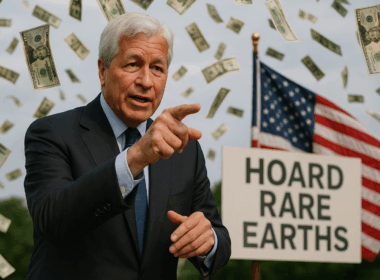
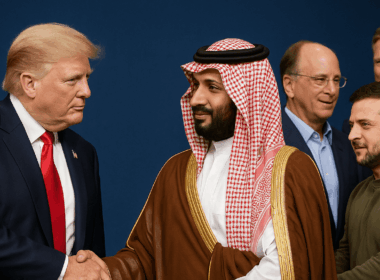


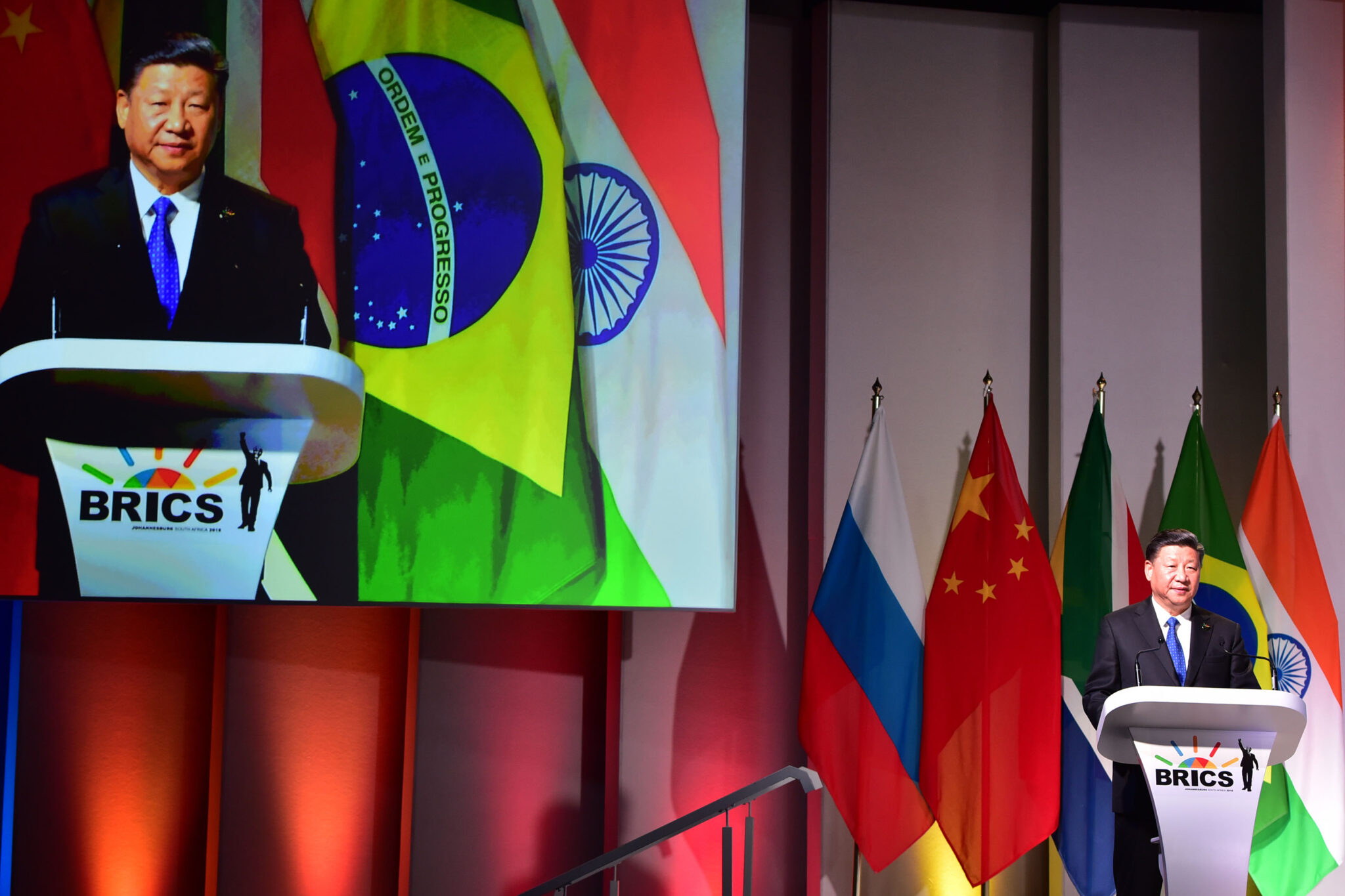
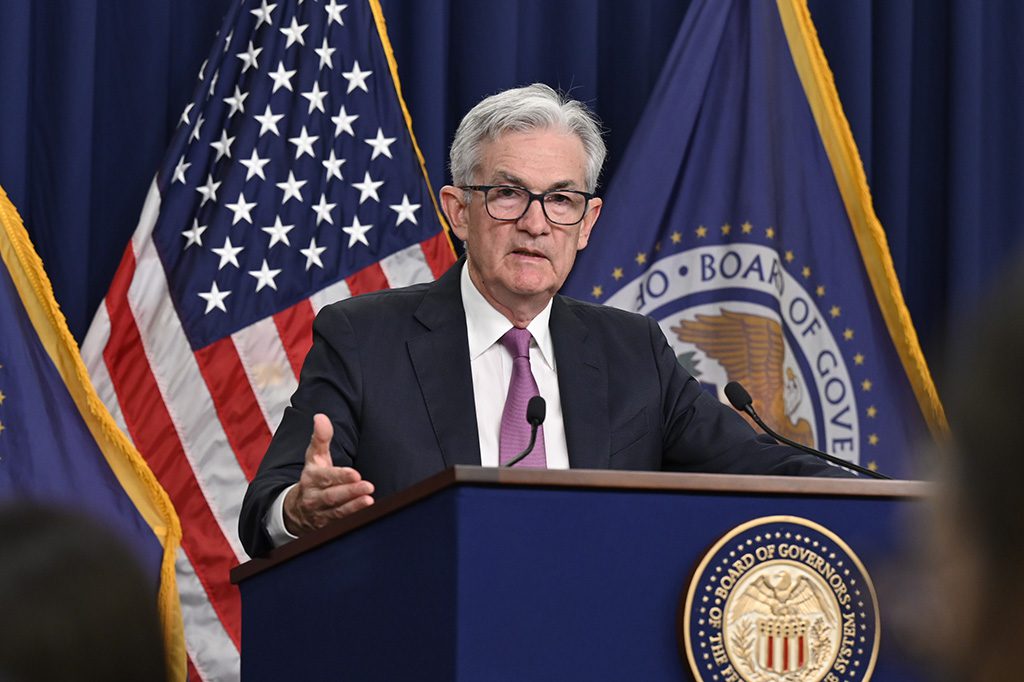

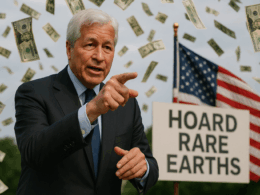
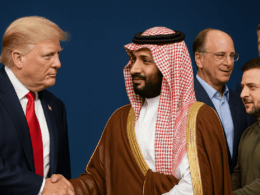


Nicely written BUT theory only. Not even the wealthy Chinese trust their own currency and they want to keep as much as possible in USA and then australia/uk/switzerland, etc.
So without a “rule of law” government they dont have any chance at all to become a world reserve currency.
fascinating read.
I recall a guy named Gaddafi aspiring to use assets in the ground on entire continent to back a new currency. It did not go well for Mr. Gaddafi. In fact, it led to his demise. I have a feeling it will go very well for CHINA! The time has come.
AS A CHRISTIAN THIS OUT COME IS ALREADY IN THE BIBLE OF REVELATION …WE ALL MUST BE BORN AGAIN … THE DEVILS IN WASHNIGTON , CHINA ,RUSSIA WILL FIGURE IT OUT WHEN ITS TOO LATE … GOD BLESS ROGER PAUL…..
I remember Walter Cronkite announcing on the evening news that the US had suffered an negative balance of trade. That was 1962 I believe. The only reason the US$ has any value at all is the expanding world economy has provided a demand for it as the world reserve currency. One major tool in the Chinese strategy was the establishment of a commodity exchange in Shanghai 3 or 4 years ago in September. Now one can buy or sell Yuan just like the US$ on the CME.
I remember an anecdotal story as to the triggering event that started WWII on Sept.1,1939. June 1939 the head of the German central bank goes to Shickelgruber and announces the country has no more foreign currency reserves. Technically the country is bankrupt. This is a real problem since to this day has never been able to feed itself. So the letter was drafted to Stalin and the dogs of war were released.
Back to China, from their prospective winning this competition means you will be subjugated to the will of a social, economic system that completely lacks scruples.
Try telling this to the younger generation!
Your article says that you’ve warned of a weakening USD since 2014 and 2017. Looking at a 10 year chart of the USD Index, you’ve been wrong. The Dollar is still strong and going up, so perhaps its time to reconsider your position? I’ll agree that all fiat currencies are losing strength, but the USD is holding its own in comparison.
Where does it say that the USD is weakening?
Stack it up to the price of gold or other hard assets, as the article suggests. Then the positioning is accurate. I’ve been following this letter for some time, and the author has always suggested the USD will hold up well to other currencies, but not hard assets or stocks.
There is a German proverb : “”””Totgesagte leben länger””” translated: “”Those perceived dead may be living longer than expected”” !that may be he case with mighty US Dollar as well! But it is better to listen to this advise instead of closing the ears and the eyes. Nobody can prevent the rise of China as it is neither Iraq nor Libya, among many others.